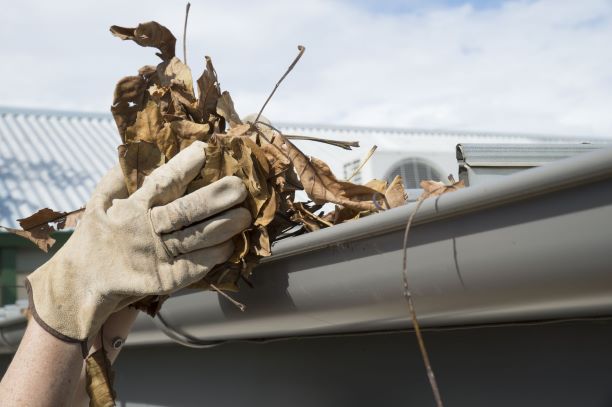Keep your Home and Family Safe
Australia is no stranger to natural disasters. A quick scan of the news headlines confirms it. Our hot, dry climate, combined with the increasing impact of climate change, means the country is at the hands of severe weather events, such as bushfires.
A survey on finder.com.au revealed that almost 15% of Australians (2.7 million)* aren’t prepared for natural disasters. If you’re living in a bushfire area, you may have already witnessed neighbour’s homes being damaged or destroyed – and how life-altering such a thing can be.
Where you live is perhaps the most obvious factor in determining whether you are vulnerable to bushfires. The closer you live to bush or grasslands, the greater your risk. That said, keep in mind about 75-80% of homes destroyed in a bushfire, are due to burning embers and associated spot fires**. These can travel kilometres from the source of fire, meaning homes a few blocks away from the bush, can still be at risk.
Know your risk
The NSW, WA and QLD , NT, ACT and TAS fire services have websites with bushfire warnings to help determine if you’re in a fire-prone area, and SA has a map with Bushfire Safer Places. The Country Fire Authority in Victoria offers diagrams to help you identify your property’s risk, as well as a website that lists current incidents and warnings.
Should a fire be imminent, stay abreast of the fire alert levels, either online or via ABC radio or an app. Once you know the fire danger alert level, you’ll need to decide whether to stay or immediately leave the area.
Get coverage
Do your research as to what coverage you’ll need to protect against loss or damage caused by the natural disaster. You will have the option to cover your home and/or contents. If you have existing building cover, check whether these events are included, as additional coverage may be required if you’re living in a high-risk area. As for contents, buying insurance may safeguard against loss or damage, both of which can be equally devastating in the event of bushfire.
Visit our website for more information on our home and contents policy and the events in which you are covered. Read the full Product disclosure statement here.
Regular home maintenance
Leaving your bushfire prevention to the last minute, won’t cut it. It’s best to prepare your home before the season hits.
To begin, trim any dead foliage or overhanging trees, doing so can help prevent fire from reaching your home. Mow any grass and remove the trimmings. Do a walk of your property and remove anything that might catch fire, such as outdoor furniture. Next, clear any leaves from the gutters surrounding the home. And finally, purchase a reliable hose that will extend all the way around your home.
* https://www.finder.com.au/australias-natural-disasters
** http://theconversation.com/how-a-bushfire-can-destroy-a-home-110795
Disclaimer: Insurance and Membership Services Limited, ABN 59 057 159 743 AR Number 246235 trading as COTA Insurance arranges this insurance as agent for the insurer Allianz Australia Insurance Limited ABN 15 000 122 850 AFSL No 234708. We do not provide any advice based on any consideration of your objectives, financial situation or needs. Policy terms, conditions, limits and exclusions apply. Before making a decision, please consider the relevant Product Disclosure Statement available from cota.com.au. The relevant Target Market Determination is available by calling 1300 1300 50. If you purchase this insurance, we will receive a commission that is a percentage of the premium. Ask us for more details before we provide you with services.
Notes:
Below are the full URL links to the specific websites.
NSW – https://www.rfs.nsw.gov.au/plan-and-prepare/building-in-a-bush-fire-area/planning-for-bush-fire-protection/bush-fire-prone-land/check-bfpl
WA- https://www.dfes.wa.gov.au/regulationandcompliance/bushfireproneareas/Pages/default.aspx
NT– https://securent.nt.gov.au/alerts
ACT – https://esa.act.gov.au
QLD- https://www.ruralfire.qld.gov.au/map/Pages/default.aspx
TAS- http://www.fire.tas.gov.au/Show?pageId=colCurrentBushfires&filter=BUSHFIRE











